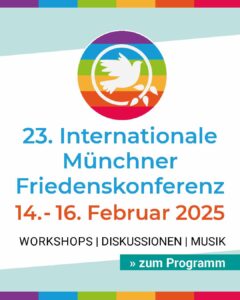 Video recordings of the individual speeches and the evenings of the peace conference
Video recordings of the individual speeches and the evenings of the peace conference
We owe it not least to you that the conference was able to take place despite all the hurdles: Your great willingness to donate and the courage to stand up together for peace, freedom of expression and dialog. There is still a small deficit in the financing of the Peace Conference 2025, so we are still looking forward to your donation. Donate HERE. Thank you
Much ado about… nothing?
In the run-up to the International Munich Peace Conference 2025 there was some media coverage of the organization of the peace conference. This mainly concerned the short-term termination of the rental contract by the Catholic Academy in Bavaria in December (partly due to fears that the “limit of what can be said” could be exceeded) and the appearance of Francesca Albanese, UN Special Rapporteur on the human rights situation in the Palestinian territories occupied since 1967. There was hardly any coverage of the actual event, except on relevant Instagram channels, and there only in fragments. So here is an overview.
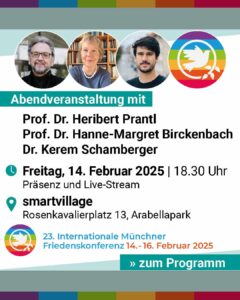
Friday evening program
You can find the video recording of the whole evening HERE
The Friday evening program of the Peace Conference 2025 was entitled “Foundations of Peace – The Peace Commandment of the Basic Law, the Logic of Peace and its Challenges”. The idea was to discuss whether there are foundations in Germany on which a policy that is genuinely interested in and oriented towards peace can build.
Prof. Dr. Hanne-Margret Birckenbach

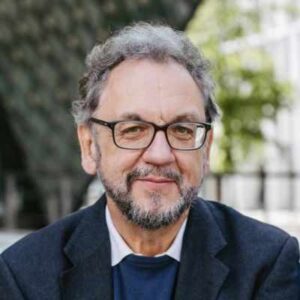
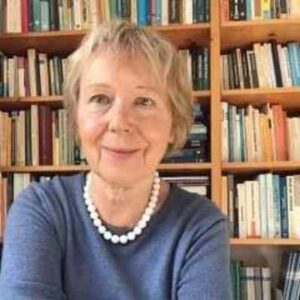
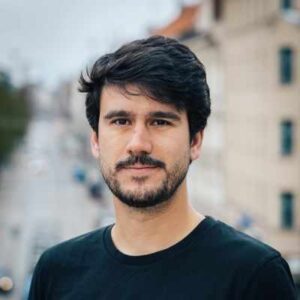
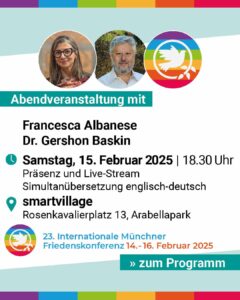
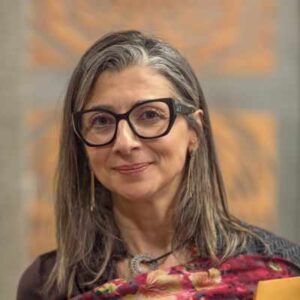
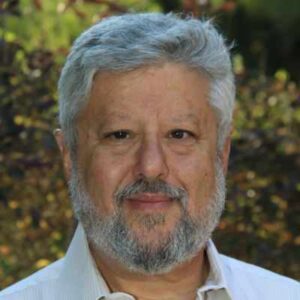





Leave A Comment